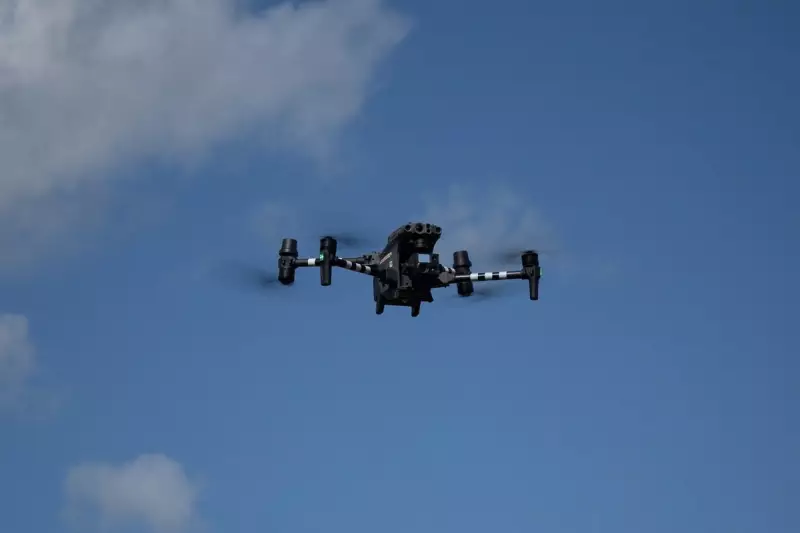
Britain's prison system is confronting an unprecedented security crisis as two unlikely commodities are being illegally trafficked to inmates: prescription weight-loss medications and advanced drone technology.
According to alarming reports from prison insiders, injections such as Mounjaro and Ozempic have become highly sought-after contraband, creating a dangerous black market within correctional facilities. These medications, typically prescribed for diabetes and weight management, are being smuggled through increasingly sophisticated methods.
The Drone Delivery Epidemic
Modern smuggling operations have evolved dramatically from traditional methods. Organised criminal networks are now employing high-tech drones capable of bypassing perimeter security and delivering packages directly to cell windows. These aren't amateur devices but sophisticated machinery worth thousands of pounds, specifically designed for covert prison deliveries.
One prison officer revealed the startling reality: "We're finding drones that cost more than most inmates could afford. This isn't petty smuggling - it's organised crime operating with military precision."
Why Weight-Loss Jabs?
The demand for medications like Mounjaro stems from multiple factors. Beyond legitimate weight management needs, these injections have become status symbols among inmates. There's also concerning evidence that some prisoners are using them to rapidly alter their appearance, potentially to confuse identification systems or prepare for court appearances.
Medical professionals have raised serious concerns about unsupervised use of these powerful medications. Without proper medical oversight, inmates risk severe health complications including pancreatitis, kidney problems and dangerous drops in blood sugar levels.
Systemic Security Failures
The smuggling epidemic points to deeper issues within the prison system:
- Corruption among staff members facilitating contraband
- Inadequate funding for modern detection technology
- Overstretched prison officers unable to monitor all security breaches
- Sophisticated criminal networks adapting faster than security measures
A former senior prison official stated: "We're fighting 21st century crime with 20th century resources. The criminals are always one step ahead, and the consequences are becoming increasingly dangerous."
Broader Implications
This situation reflects wider problems in the UK's criminal justice system. The combination of drug smuggling and high-tech delivery methods creates a perfect storm that threatens both prison security and inmate welfare.
As authorities struggle to contain the situation, questions are being raised about whether current security protocols can ever effectively combat such evolving threats. The need for upgraded technology, better staff training and more robust anti-corruption measures has never been more urgent.
The situation continues to develop as prison authorities work to implement new countermeasures against these sophisticated smuggling operations.





